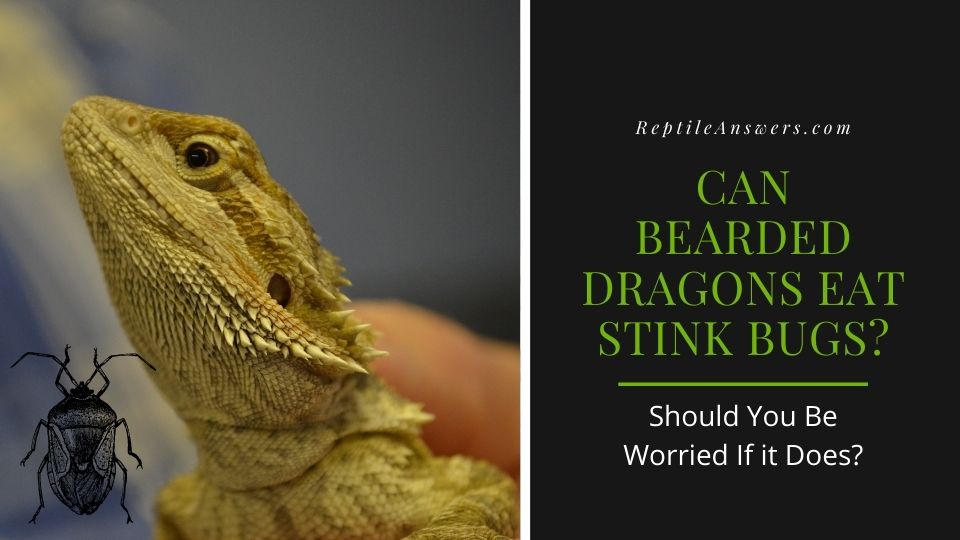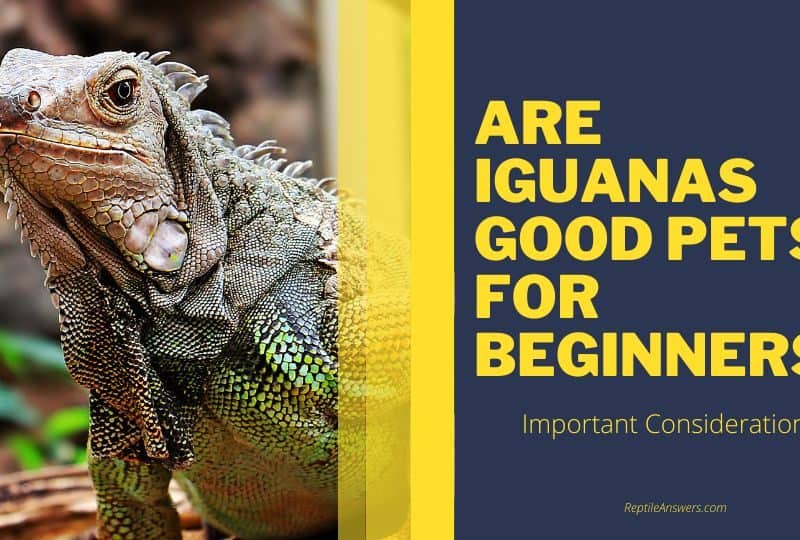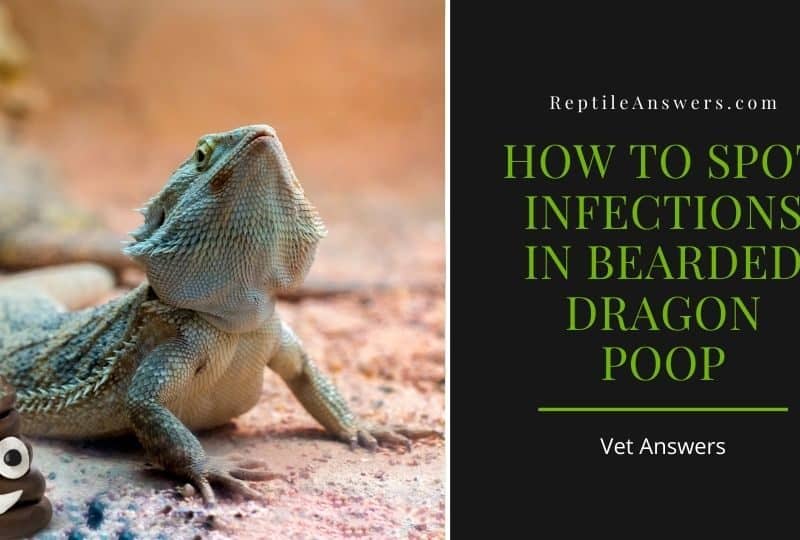There are many different types of insects that can be found in the wild, and some of them can be quite dangerous if ingested by a bearded dragon. So, can bearded dragons eat stink bugs? Let’s take a closer look at this question.

Should You Avoid Letting Your Beardie Eat Stink Bugs?
One way to avoid letting your bearded dragon eat the deadly insects is to sprinkle the house with catnips. Catnips are semi-toxic to bearded dragons and can be grown in containers or outside.
The scent of the plant will repel the bugs, preventing them from entering your home. You can also vacuum up the stink bugs and remove them from your house. Another way to avoid letting your bearded dragon eat stink bugs is to mix water, dishwasher, and lavender oil and spray the entire house with it. Spray the inside and outside of your house as well.
Trying to feed your bearded dragon stink bugs is not only unsanitary for your pet – it can make him very sick or even kill him. Stink bugs contain toxic chemical compounds to reptiles, causing vomiting, diarrhea, and respiratory problems.
In addition to these symptoms, feeding your beardie stink bugs can lead to impaction. Your beardie may require the help of a veterinarian to pass out the insects.
Avoid Feeding Your Bearded Dragon Other Insects
You can avoid feeding your bearded dragon other insects by making sure you select them from a reputable breeder. Most pet stores will carry cricket/insect food for bearded dragons.
In addition, some bearded dragon owners also feed their beardies wet lizard pellets. Here are some other things to avoid feeding your beardie. Read on to learn more! This article was written with your beardie in mind.
When choosing food for your beardie, make sure it is small enough to fit into your beardie’s mouth. Providing larger pieces can put pressure on the spine of your beardie and lead to health problems.
Make sure to cut feeder insects to fit your beardie’s mouth and make sure it is the right size. Beardie’s get most of their water from vegetables, so you should not overfeed it with water.

Calcium is essential for bearded dragons
Bearded dragons must have a proper calcium level in their diets to eat these insects. Calcium deficiency may be caused by dietary deficiencies, poor UVB lighting, or poor heating.
Even when they are young, a calcium deficiency can occur. Additionally, dusted insects can lead to calcium deficiency. Ideally, your dragon should receive two to one calcium to phosphorus ratio.
Calcium is essential for bearded dragons because it is the most important mineral they require to build strong bones and control muscle activity. A lack of calcium may cause your beardie to develop Metabolic Bone Disease, a bone disorder that results from an imbalance of calcium in the body. Because of this, you can dust your beardie’s food with calcium supplements. If you have a small beardie, you can dust his food with calcium supplements.
Stink Bugs Can Carry Parasites
Feeding your bearded dragon bugs is dangerous, as they may be infested with parasites. In addition to being toxic to beardies, they also carry pesticides that are dangerous to your dragon.
It is best to avoid feeding your beardie any bugs, even those that look harmless and buy store-bought ones for your dragon. You can feed your beardie some nightcrawlers when it is young.
But you should only feed it from a farm, not a wild-caught variety. Make sure to cut the nightcrawlers into small pieces and store them in the right temperature. A second food item that beardie can eat is redworms. Redworms are long, slimy insects that live in decaying organic matter and are a great source of nutrition and protein. But be careful not to feed your beardie mealworms, as it could contain parasites and bacteria.

Conclusion
Stink bugs are dangerous to bearded dragons and can make them very sick. It is best to avoid feeding your beardie any bugs, even those that look harmless.
You don’t need to worry if your beardie eats a stink bug. However, if they’re acting strange, it’s a good idea to consult a veterinarian to be sure there are no health problems.
Be sure to read our Bearded Dragon Feeding guide to ensure a healthy and happy beardie!



